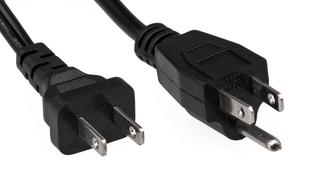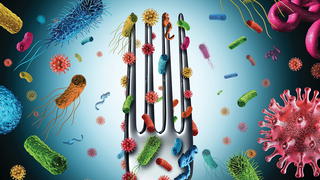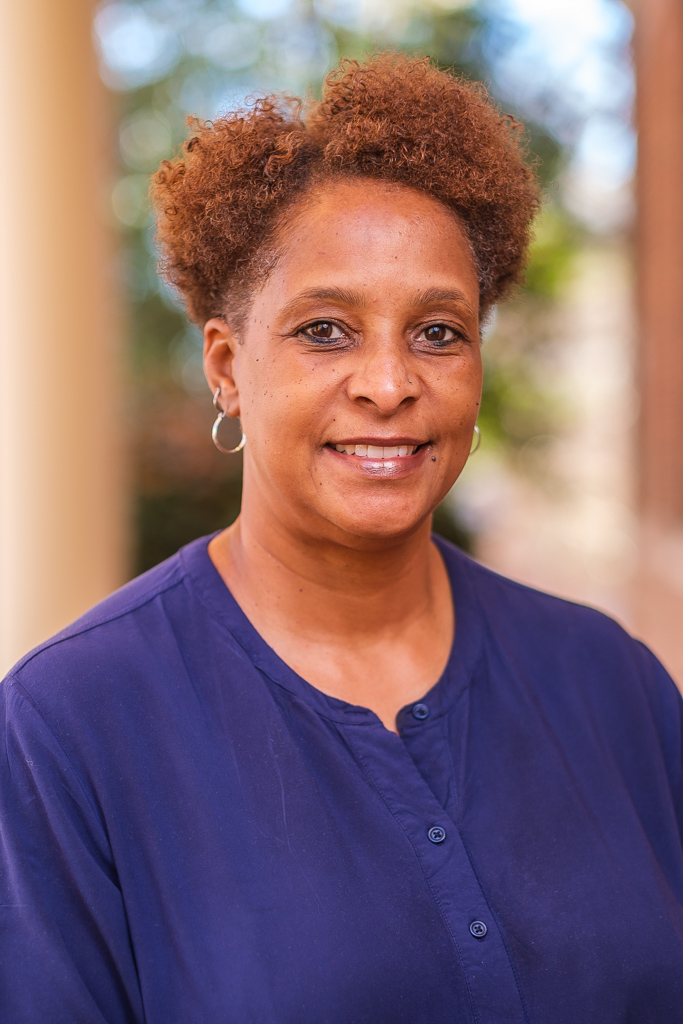Welcome
The North Carolina Central University Department of Environmental Health and Safety (EHS) helps facilitate the University’s mission of research, teaching and service by ensuring health, safety and regulatory compliance.
The North Carolina Central University Department of Environmental Health and Safety (EHS) helps facilitate the University’s mission of research, teaching and service by ensuring health, safety and regulatory compliance.

Use the Report a Hazard Form to alert EHS to safety concerns or items you feel may be a hazard on campus.

Use the Incident/Accident Report Form to report incidents of personal injury or property damage involving NCCU employees, students or visitors to campus.
The purpose of the NCCU Safety and Health Committee Program is to establish a multi-tiered, management- and employee-balanced safety and health committee in compliance with the following: North Carolina General Statutes: Chapter 95, Article 22, Section 95-252, North Carolina General Statutes: Chapter 143, Article 63, Section 143-584, North Carolina Administrative Code: 13 NCAC 07A.0605 and North Carolina Administrative Code: 25 NCAC 1N.0106.
EHS employs a staff of professionals trained in the field of occupational and environmental health and safety to provide support for University activities and to assure a safe and healthful environment for employees, students and visitors. The Department’s sections include:
In November 2022, NCCU implemented a voluntary program to test campus drinking water for the presence of lead and mitigate lead levels in potable water sources that test above a pre-determined actionable level.

All NCCU faculty and staff are assigned safety training using the PowerDMS system. Students with an @eagles.nccu.edu email address cannot access PowerDMS and will be assigned safety trainings found on this webpage.
Visit this page to view all of the EHS plans and programs.
Visit this page to view all of the EHS forms and documents available to you.
Insurance and Risk Management assists NCCU stakeholders in managing physical, financial, operational and reputation risk through early identification and appropriate avoidance, mitigation and risk transfer. Insurance and Risk Management collaborates with campus and external partners to promote an integrated approach to problem-solving in the following areas:

This document provides guidance regarding the safe use of portable heaters on campus.

This document provides information on the proper use of temporary wiring (i.e., extension cords and power strips) on campus.

Mold is a common term used to refer to fungal growth, and it can be found on any organic substance as long as water and oxygen are present. Molds produce spores that move through the indoor and outdoor air continually. View this fact sheet to learn more about mold.
Meet the Team
The team is comprised of qualified, knowledgeable members who are recognized as trusted subject matter experts and are committed to providing excellent service and leadership to our partners including University students, faculty, staff and visitors. The group enables and empowers NC Central to adopt a culture of safety in which innovation, discovery and positive change are fully supported by safety professionals.

Freeman, Cassandra
Administrative Support Specialist
Environmental Health and Safety

Sykes, Jody
Risk Manager
Environmental Health and Safety